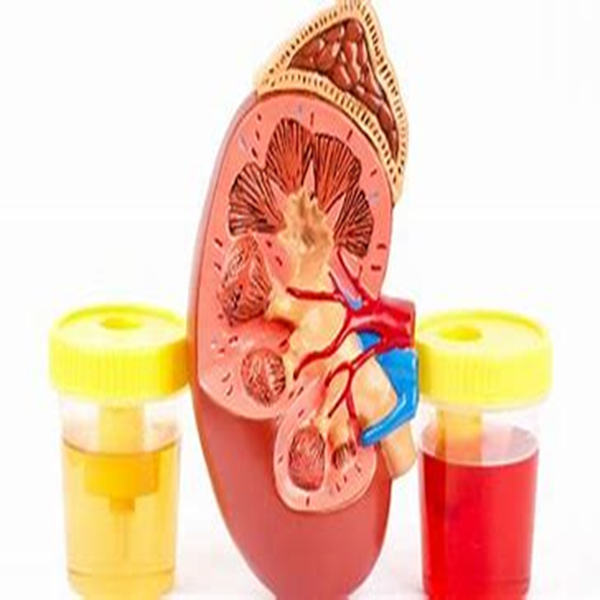Causes of Hematuria
Hematuria can have many causes, some of which are benign, but it can also be a sign of a more serious condition, such as cancer. Potential causes include:
• Idiopathic Hematuria (no identifiable cause)
• Urinary Tract Infections (UTIs)
• Stones (kidney, ureter, bladder)
• Benign Prostatic Hyperplasia (BPH) (enlarged prostate in men)
• Trauma
• Jogger’s Hematuria (due to vigorous exercise or sex)
• Sexually Transmitted Diseases (STDs)
• Tumors (kidney, ureter, bladder, prostate, urethra)
• Kidney Diseases
• Medications (e.g., quinine, rifampin, phenytoin)
• Viral Infections
Rare Conditions and Genetic Disorders
Some rare diseases and genetic disorders can also lead to hematuria, including:
• Sickle Cell Anemia (an inherited blood disorder)
• Systemic Lupus Erythematosus (a chronic inflammatory disorder of connective tissue)
Note: Certain foods and substances (e.g., rhubarb, beets, food coloring, certain medications) can cause urine to appear pink without actual blood being present. Additionally, liver diseases and dehydration can darken urine, but these conditions are not considered true hematuria.
Evaluation and Diagnosis
If you notice blood in your urine, even if it’s only once, contact your doctor immediately. If hematuria is found without other symptoms, your doctor will conduct further evaluations. This may involve:
Medical History
Your doctor will ask questions about your symptoms and medical background, including:
- Pain (e.g., burning while urinating, back or side pain)
- Smoking history (including past smoking)
- Exposure to toxic substances
- History of kidney stones, injuries, infections, or recent illness
- Drug use
- Family history of kidney stones, sickle cell anemia, or other related diseases
Physical Examination
Your doctor will perform a physical exam to assess possible causes of hematuria.
Further Testing
To determine the cause of hematuria, your doctor may recommend additional tests, including:
- Dipstick Evaluation: A chemical test of the urine to check for abnormalities.
- Microscopic Evaluation: Examining urine under a microscope to detect stone crystals, bacteria, or abnormal cells.
- Urinary Cytology: A test to analyze shed bladder cells for abnormalities.
- Cystoscopy: A procedure where a videoscope is inserted into the bladder to visually examine it.
- Imaging Tests: These may include a CT scan, ultrasound, or Intravenous Pyelogram (IVP) to obtain special X-rays of the urinary tract.
Prostate-Specific Antigen (PSA) Test (for men of appropriate age) to screen for prostate issues.








